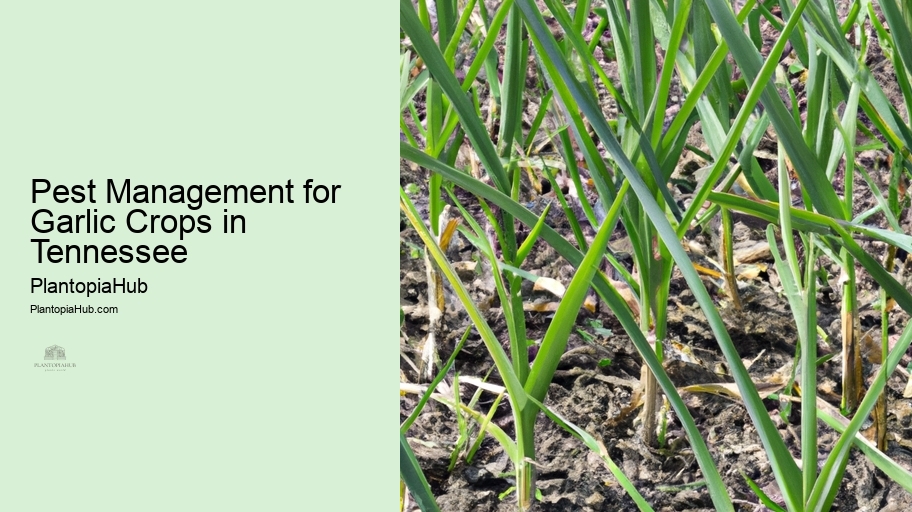

Effective watering strategies are crucial for garlic cultivation in Tennessee's variable climate. During the fall and winter, when garlic establishes roots, monitor soil moisture levels and provide supplemental irrigation if the soil becomes excessively dry. Aim to keep the soil consistently moist but not waterlogged.
In the spring, as garlic begins active growth, adjust your watering routine.
To sum up, tailoring your watering strategy to the specific season is essential for successful garlic farming in Tennessee. Adequate moisture management will result in robust, healthy garlic bulbs at harvest time.
Fertilization is a critical aspect of garlic cultivation in Tennessee. Start by conducting a soil test to determine nutrient deficiencies. Generally, garlic benefits from a balanced fertilizer with equal parts nitrogen, phosphorus, and potassium. Apply fertilizer in the fall, just before planting, to provide essential nutrients for root development.
Additionally, consider using organic amendments like compost or well-rotted manure to improve soil fertility.
In conclusion, meeting the fertilization needs of your garlic crop is essential for achieving robust yields in Tennessee. Properly nourished plants are more resistant to pests and diseases, ensuring a successful harvest.
Protecting your garlic crop from pests is crucial for a successful harvest in Tennessee. Common pests include aphids, thrips, and onion maggots. Sustainable Agriculture Practices To deter these invaders, consider using companion plants like marigolds and chives, which naturally repel pests.
If pest infestations occur, organic solutions such as neem oil or insecticidal soap can help. Regularly inspect your garlic plants for signs of pest damage and take immediate action to prevent further harm.
In conclusion, implementing pest control solutions is essential for maintaining healthy garlic crops in Tennessee. A proactive approach to pest management will safeguard your harvest and promote strong, vigorous plants.
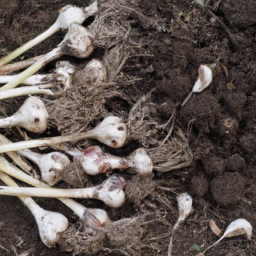
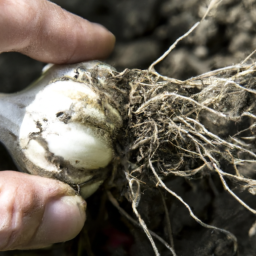
Organic farming practices are gaining popularity in Tennessee, and they can be particularly beneficial for garlic cultivation. Start by selecting organic garlic varieties and using organic soil amendments like compost and aged manure. Avoid synthetic pesticides and fertilizers, opting for natural alternatives.
Employ crop rotation to prevent soil depletion and reduce the risk of disease. Implement mulching to conserve moisture and suppress weeds without the use of chemicals. These practices not only protect the environment but also produce healthier garlic bulbs.
In conclusion, embracing organic farming practices for garlic in Tennessee aligns with sustainable and environmentally friendly principles. Organic garlic is in demand, and adhering to these practices can result in a premium product and satisfied customers.
Irrigation SystemsCompanion planting is an effective strategy to improve garlic growth in Tennessee. Consider planting garlic alongside companion plants like basil, chamomile, or chamomile. These companions help deter pests and enhance the flavor of garlic bulbs.
Another excellent choice is planting garlic near strawberries, which can benefit from the natural pest-repelling properties of garlic. Companion planting not only boosts garlic health but also maximizes space utilization in your garden.
To sum up, exploring companion plants is a smart strategy for enhancing garlic growth in Tennessee. It's a natural and eco-friendly way to protect your crop and improve overall garden productivity.
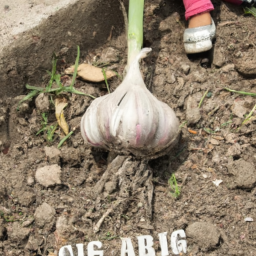
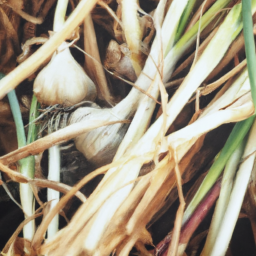
Tennessee's winters can be unpredictable, making it essential to protect your garlic crop from freezing temperatures. Consider applying a thick layer of mulch, such as straw or leaves, around your garlic plants in late fall. This mulch acts as insulation, preventing the soil from freezing and protecting the garlic bulbs.
In extremely cold regions, consider using row covers or cloches to shield your garlic from frost. Ensure adequate airflow to prevent condensation, which can lead to mold and rot.
In conclusion, implementing winter protection measures is crucial for preserving your garlic crop in Tennessee. By planning ahead and taking these precautions, you can enjoy a successful garlic harvest even in challenging weather conditions.
Crop rotation is a smart practice for Tennessee garlic farmers. By rotating your garlic with different crops each season, you can reduce the risk of soilborne diseases and pests. This strategy also helps maintain soil fertility and structure.
Consider planting garlic in a different section of your garden or farm each year to prevent the buildup of garlic-specific diseases. Crop rotation promotes healthier garlic plants and ultimately leads to better yields.
In conclusion, implementing crop rotation offers numerous benefits for Tennessee garlic farmers. It's a sustainable practice that contributes to long-term garlic crop success.
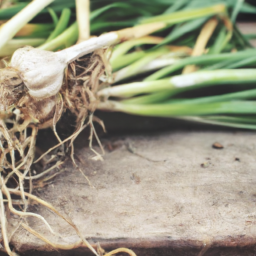
Organic garlic farming in Tennessee offers several benefits. It promotes soil health, reduces chemical inputs, and produces garlic that meets high organic standards, appealing to health-conscious consumers. Organic practices also contribute to environmental sustainability by minimizing the impact on ecosystems. Furthermore, the demand for organic garlic continues to grow, making it a profitable venture for farmers who embrace these practices.
To protect your garlic crop from winter frost in Tennessee, consider applying a thick layer of mulch, such as straw or leaves, around your garlic plants in late fall. This mulch acts as insulation, preventing the soil from freezing and safeguarding the garlic bulbs. In extremely cold regions, you can also use row covers or cloches to provide additional frost protection. Be sure to maintain proper airflow to avoid condensation, which can lead to mold and rot.